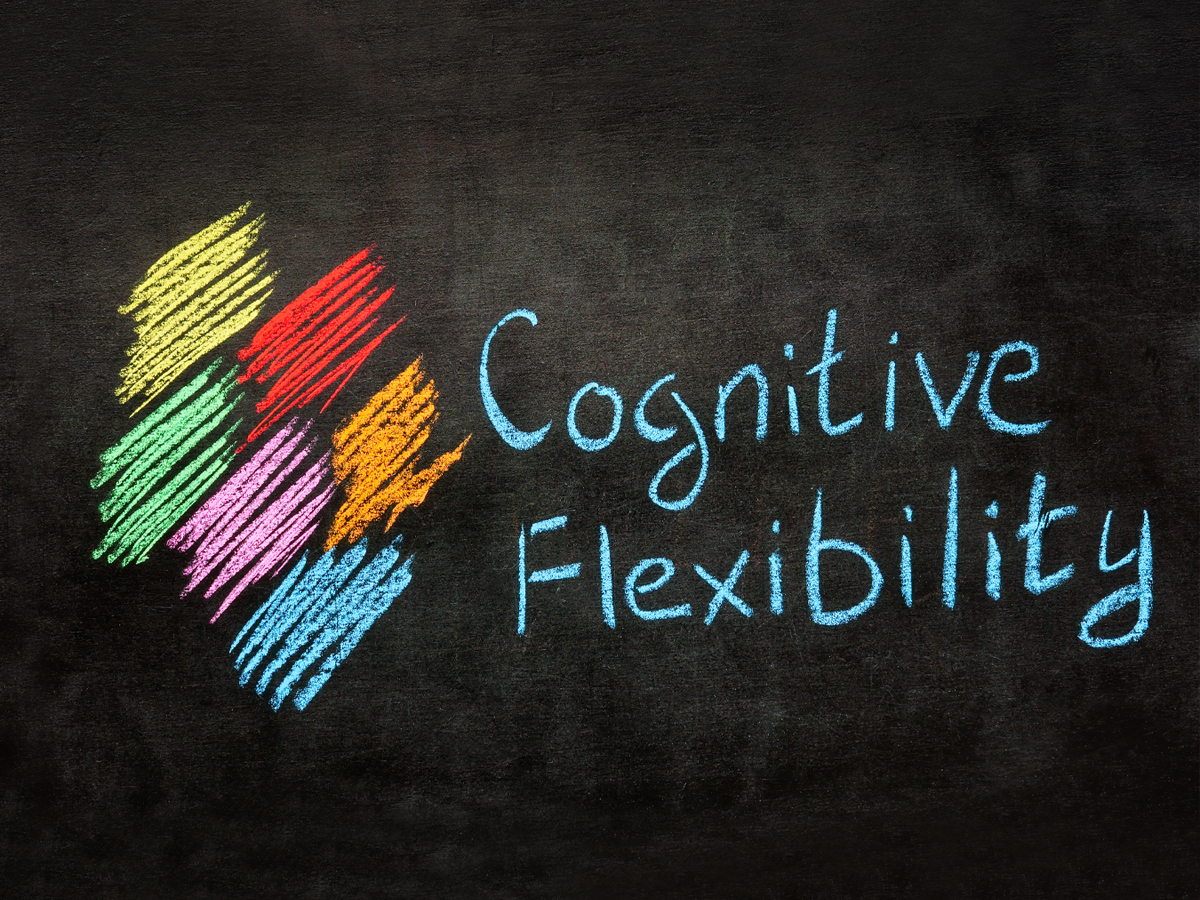People with cognitive disabilities should be permitted make decisions about their lives, a Royal Commission report has recommended.
The report, Diversity, Dignity, Equity and Best Practice: A Framework for Supported Decision-Making, details why empowering people with cognitive disability to participate in making their own decisions is important and how it can be achieved.
The report recommends that ‘supported decision-making’ be implemented across all sectors that interact with people with disabilities, and supporting people to make their own decisions should be a core skill for all staff across health, community care, legal and financial sectors.
Better training in rights-based decision support for professionals, health workers and others in the community, including family members and other informal supporters, was needed when interacting with people living with intellectual disabilities, acquired brain injuries, mental health conditions and dementia.
Lead author, Professor Christine Bigby from La Trobe University Living with Disability Research Centre, said the report has a particular emphasis on people with profound disability who were often excluded from supported decision-making initiatives with ‘substitute’ decisions made on the their behalf.
“We know many people see supported decision-making in very black and white terms, either someone with cognitive disabilities can be involved in decisions that affect them, or their disability is perceived as too severe for them participate, and they need others to make decisions on their behalf,” she said. “However, our research shows that with the right support, understanding and frameworks in place, those living with profound cognitive disabilities can be part of decision-making that affects their lives.”
Research was undertaken with 77 people, including those with cognitive disability, advocates, family members and service providers.
The report outlined nine universal principles, including:
- All adults have an equal right to make decisions that affect their lives and to have those decisions respected.
- Laws, legal and policy frameworks must contain appropriate and effective safeguards for people who may require decision-making support, including to prevent abuse.
- The right to take risks to try new things is acknowledged and supported.
Among the recommendations, were:
- People with cognitive disabilities and their supporters should lead supported decision-making reform and initiatives.
- Building social connections for those who are socially isolated should be a priority.
- Reforms and initiatives must take account of diversity.

